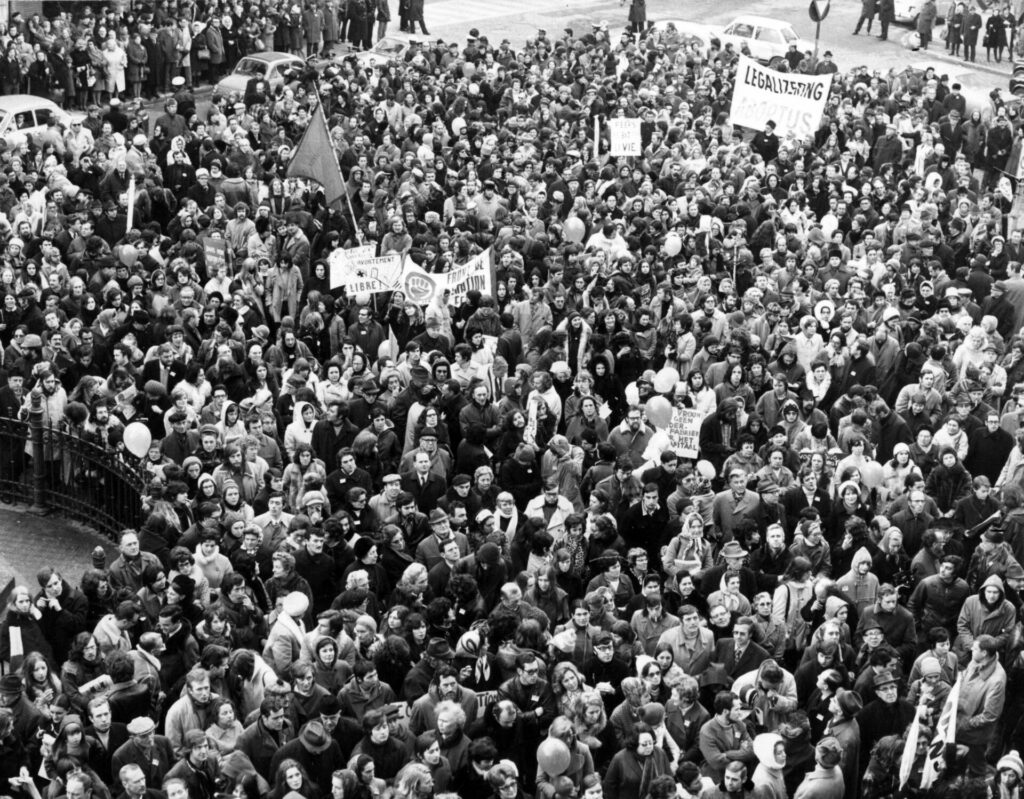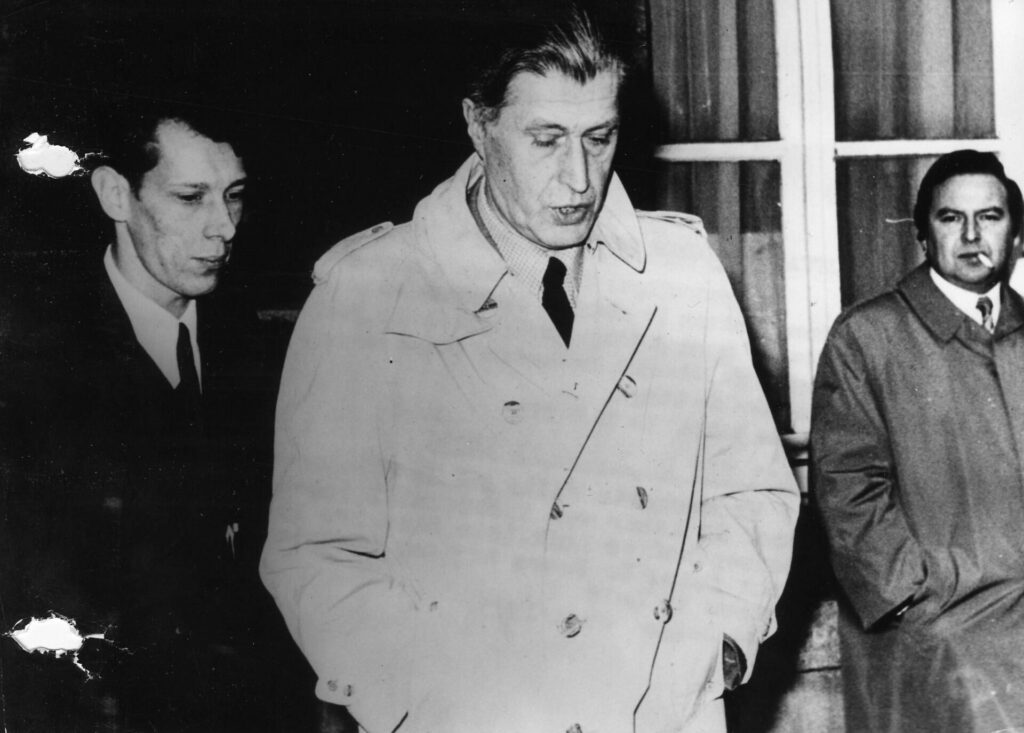On this day, in 1973, Doctor Willy Peers was arrested and prosecuted for performing over 200 abortions in Namur. The ensuing public outrage marked the beginning of a historic societal shift in favour of abortion in the country.
In 1973, Belgium was one of the last countries in Europe where voluntary interruption of pregnancy was still prohibited by law, due to the influence of the Catholic Church.
At the time, women who had an abortion faced severe prison sentences. Their so-called accomplices were also considered criminals by law and prosecuted – but the penalty would be even higher if the abortionist was a doctor.
Abortions were still frequent but under the circumstances were carried out completely illegally.
In 1971, the Callewaert law was introduced in an attempt to decriminalise abortion in Belgium for the first time, and the law against abortion became less enforced.
'Peers Affair'
In 1973, the 'Peers Affair' would change the course of history for women and the right to abortion in Belgium.
The affair was named after the Namur gynaecologist who before his arrest had been well-known in Belgium for his advocacy on the legalisation of abortion. Peers founded in 1970 the Belgian Society for the Legalisation of Abortion (SBLA).
Peers was a humanist who devoted his professional, social and political life as a gynaecologist to enable women to have a successful pregnancy, fighting against various taboos and prejudices.
Arrested by the authorities on 16 January 1973, the Namur gynaecologist was charged with performing over 200 abortions during a nine-month period. His arrest provoked a strong reaction: on 29 January 1973, 10,000 demonstrators marched in the streets of Namur to demand his release.

A national demonstration in Liège calling for the release of Dr Willy Peers. Credit: Belga Archives
A major mobilisation was taking hold of Belgium through demonstrations, the creation of support committees and petitions.
The Dolle Mina group in Flanders – known for transporting women to the Netherlands to seek abortions – held a hunger strike.

Hunger strike against the arrest of Dr. Willy Peers in Ghent in January 1973 by members of the Dolle Mina action group. Credit: Wikimedia Commons
After 36 days in police custody, Peers was finally released on 20 January 1973 and the case never made it to court. The mobilisation gave rise to a judicial truce that made it impossible from then on to prosecute doctors for performing abortions.
Following these events, the ban on contraception was lifted in 1973, but it was not until 1990 that abortion in Belgium was fully legalised. When the law liberalising abortion was enacted, it was still considered to be very controversial for many Belgians.
In a survey carried out in 2018 by the Centre d'action laïque, 75.4% of Belgians agree that abortion should not be a crime, while only16.6% disagree.
Yet the national campaign for the release of Dr Peers is remembered today as one of the key driving forces behind the movement that legalised abortion in Belgium.
"Today in History" is a new historical series brought to you by The Brussels Times, aiming to take you on a trip down memory lane for newcomers and Belgians alike, written and compiled by Ugo Realfonzo (Editor). With thanks to the Belga News Agency.

